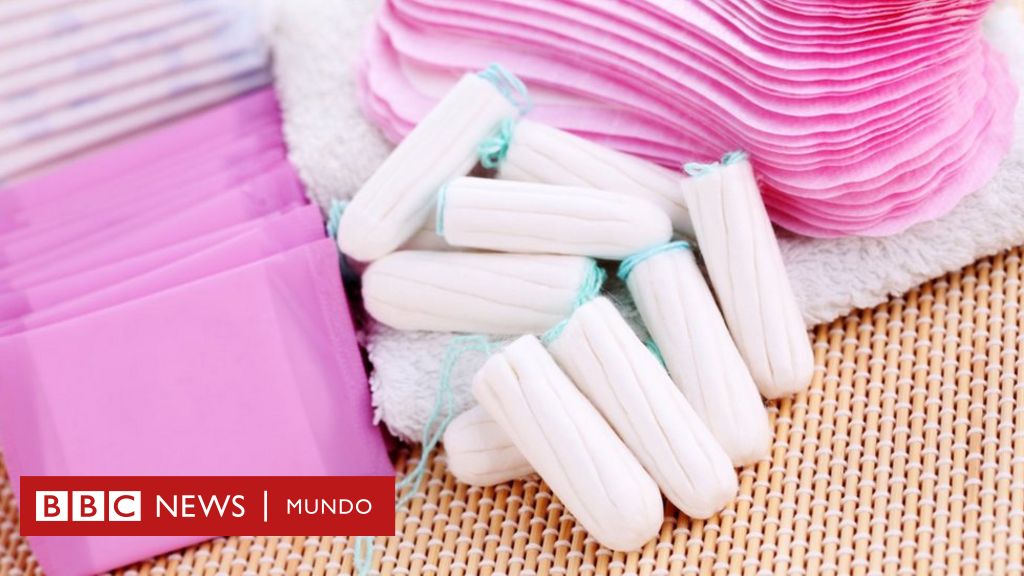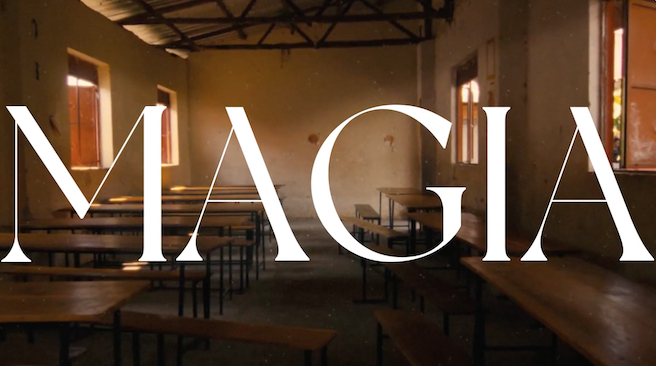Menstruation: Scotland, the first country in the world to offer free health products

- Claire Diamond
- BBC Scotland
image source, Getty Images
Scotland will offer free menstruation products in its public buildings.
Period products are free for everyone.
Scotland has become the first country in the world to manufacture inexpensive menstrual hygiene products for its residents.
On Tuesday, lawmakers in that country’s parliament unanimously approved Period products invoice (supplied free of charge).
Henceforth, local authorities have a legal obligation to ensure that items such as tampons and sanitary pads are free and available to “anyone who needs them” in public buildings.
The bill was introduced by Labor lawmaker Monica Lennon, who has been fighting to get it through end of ‘period poverty’ Since 2016.
‘Period poverty’ occurs when people on low incomes cannot tolerate or obtain appropriate menstrual products.
With average periods lasting around five days, tampons and sanitary pads can cost as much as US$10.6 per month in the UK, and some women find it hard to afford this.
image source, Getty Images
Scotland wants to end the “poverty of that period”.
Lennon said that “pragmatic and progressive” legislation is becoming more important due to the coronavirus pandemic.
“Periods do not stop with epidemics Working to improve access to basic tampons, pads, and reusable products has never been more important.”
How big is the problem?
A survey of more than 2,000 people by Young Scot, Scotland’s youth information service, found that nearly one in four women in school, college or university had trouble accessing menstrual products.
Similarly, around 10% of young women in the UK were unable to purchase period products. 5% had difficulty paying it; And 19% switched to a less convenient product due to the cost, as other recent research on the topic revealed.
In addition to period poverty, the bill in Scotland addresses Menstrual stain.
This is especially a problem for younger girls, the researchers say, as 71% of 14-21-year-olds surveyed feel embarrassed buying menstrual hygiene products.
Impact on education is another area the bill aims to address: Researchers found that nearly half of the girls surveyed had missed school because of their period.
image source, Getty Images
The stigma of menstruation still exists in most countries.
The problem is getting worse in other parts of the world.
Various surveys revealed that, In remote areas of Latin America, girls do not have relevant information about the menstrual cycle, Access to adequate sanitation (in the region still 106 million people do not have a decent bathroom at home, mostly in rural areas) or menstrual management products, according to a 2019 article from the World Bank.
scope of law
The Menstrual Products (Free Offer) Bill in Scotland places a legal obligation on local authorities to ensure that anyone in need of menstrual products can get them for free.
They should give access to “anyone who needs them” Various types of feminine hygiene products “reasonably easy” and with “reasonable dignity”.
The bill was promoted in Scotland by Labor legislator Monica Lennon.
The plan must be operational within two years after the legislation is passed.
The law also ensures that menstrual products are freely available in schools, colleges and universities.
What about other places?
The UK government has its own task force on the subject, with the main aim of addressing the stigma and education about menstruation.
Free period products were delivered to all primary and secondary schools in England in January.
image source, Getty Images
Many women’s rights organizations are calling for the abolition of the “tampon tax.”
A few US states have passed laws requiring free products to be provided in schools.
Since 2001, VAT has been applied to menstrual products at a rate of 5% in the UK, and EU rules mean that this “tax from tampon” It cannot be canceled or reduced further.
The tampon tax is a term used to refer to the tax on all menstrual hygiene products that ensure women’s health.
However, over the past five years, the UK government has invested money collected from VAT on menstrual products into the tampon tax fund which is used to support women’s organizations and charities.
Now that the UK has left the European Union, it will be up to the government to determine the rate of value-added tax that applies to feminine hygiene products, and lawmakers say they want to scrap the tax on feminine hygiene products entirely as soon as possible.
Several other countries have reduced or eliminated taxes on menstrual products, including a dozen states in the United States and countries such as Kenya, Canada, Australia, India, Colombia, Malaysia, Nicaragua, Jamaica, Nigeria, Uganda, Lebanon, and Trinidad and Tobago.
remembera what or what You can receive notifications from BBC Mundo. Download and activate our app so you don’t miss our best content.

“Award-winning zombie scholar. Music practitioner. Food expert. Troublemaker.”









